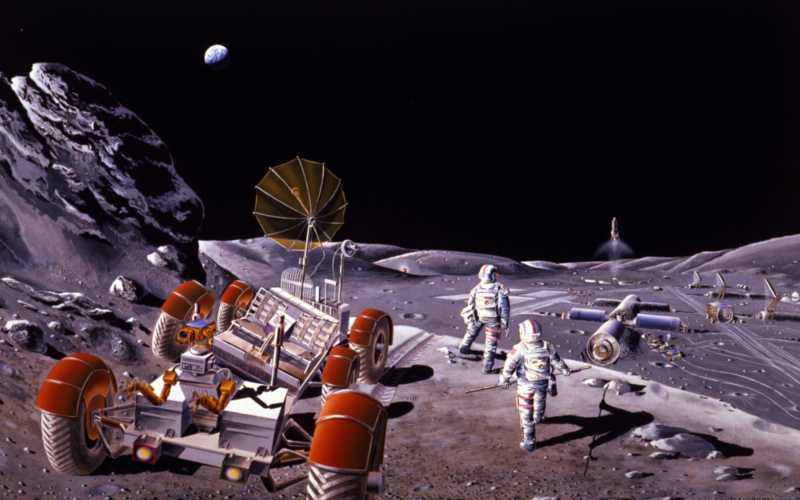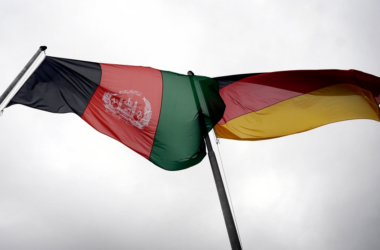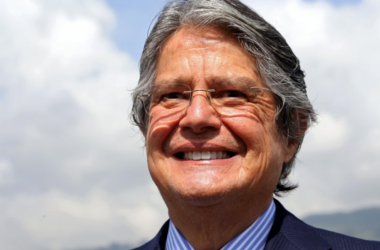In an ambitious move, Russia has announced plans to send cosmonauts to the Moon in the next decade, marking a historic milestone for the nation’s space exploration endeavors. According to the Russian corporation overseeing manned space flights, RKK Energia, the country intends to achieve its first human moon landing and establish a moon base by 2031. This groundbreaking initiative signifies Russia’s commitment to advancing its space exploration capabilities and tapping into the Moon’s potential resources.
Vladimir Solovyov of RKK Energia presented a draft plan outlining Russia’s lunar exploration objectives. The plan encompasses a series of manned missions to the Moon, including the historic first landing of Russian cosmonauts, followed by the establishment of a lunar base. The proposed timeline indicates preparations for deploying the lunar base between 2031 and 2040. Additionally, the plan emphasizes the exploration and utilization of the Moon’s valuable resources.
The draft plan unveiled by RKK Energia envisions the construction and operation of a lunar base, a pioneering project that is set to commence within the next decade. The preparations for the lunar base are outlined to span from 2031 to 2040, reflecting the strategic long-term vision of Russia’s space exploration program. The establishment of a base on the Moon would represent a significant leap forward in human space exploration and utilization.
Russia’s lunar exploration plan extends beyond scientific discovery and exploration, as it includes provisions for the exploitation of the Moon’s resources. The details of resource utilization are yet to be fully disclosed, but the inclusion of this aspect in the plan underscores the broader objectives of ensuring sustainability and self-sufficiency in future lunar endeavors.
While Russia’s announcement signals an ambitious leap into lunar exploration, it comes on the heels of challenges faced by the country’s space program. In August, Russia experienced a setback when its Luna-25 spacecraft, the nation’s first moon mission in 47 years, encountered technical issues, spinning out of control and crashing into the lunar surface. This incident highlights the complexities and challenges associated with space exploration, underscoring the need for meticulous planning and execution.
Russia’s declaration of intent to send cosmonauts to the Moon and establish a lunar base by 2031 reflects the nation’s commitment to advancing its space exploration capabilities. The proposed timeline, resource utilization plans, and emphasis on manned missions signify a comprehensive and ambitious approach to lunar exploration. As Russia navigates the complexities of space exploration, this initiative holds the promise of contributing to humanity’s understanding of the Moon and potentially unlocking new frontiers in space science and technology.








